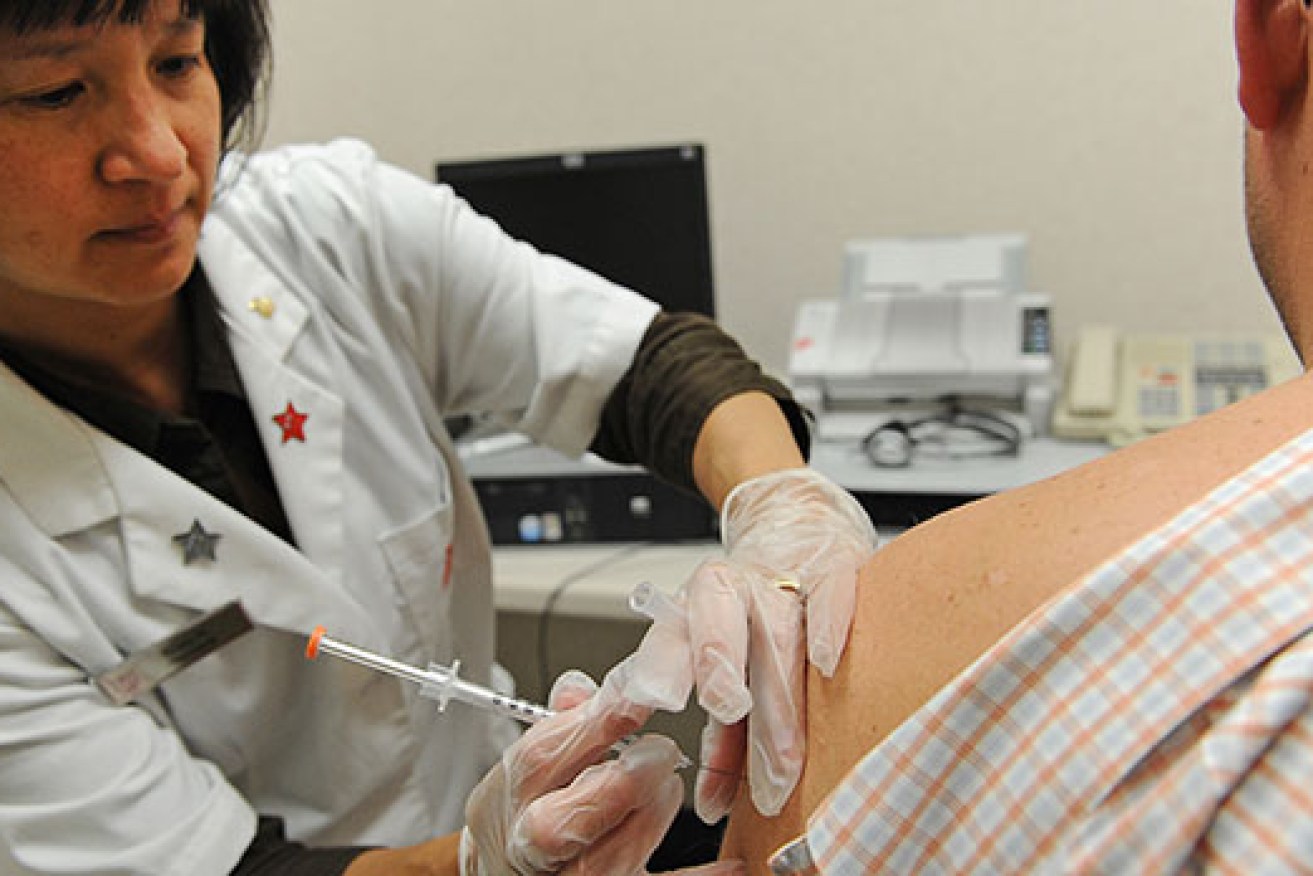Aussies urged to avoid superbugs overseas

Getty
Overseas travellers should do all they can not to bring superbugs home, according to an infections expert concerned about the spread of antibiotic-resistant bacteria.
NPS MedicineWise clinical adviser Dr Philippa Binns says this means they should plan ahead and have the correct jabs.
Good hygiene, including regular hand washing, is essential.
Depending on the destination, it is often best for visitors to drink bottled or boiled water, avoid ice, eat fruit they peel themselves and avoid raw or reheated food, she says.
A big concern is drug-resistant gonorrhoea, which has been circulating in Japan since 2003 and in Norway and the UK since 2010.
Measles, a viral infection, can be prevented by vaccination, but is common in some parts of Europe, Asia, the Pacific islands, the US and Africa.
Overseas travel exposes people to infectious diseases not generally found in Australia, says Dr Binns.
But an NPS survey of 1000 people found 50 per cent had never considered the risk of catching an antibiotic-resistant infection overseas.
“Antibiotic-resistant bacteria are a problem everywhere. International travel means that they can spread quickly around the world,” said Dr Binns on Thursday, marking antibiotic awareness week.
“Not everyone will catch a superbug if they get sick overseas, but we should take every precaution to avoid infection.
“Before you jet off, make sure you know what to do if you get sick,” she said.
“It can be tempting to buy antibiotics over the counter, but it is critical that people speak to a qualified health professional who can provide expert advice.”
It was also essential for people to take antibiotics exactly as instructed.
“If you feel unwell or need to see the doctor once you’ve returned home, be sure to tell them where you’ve been,” Dr Binns said.
AAP








